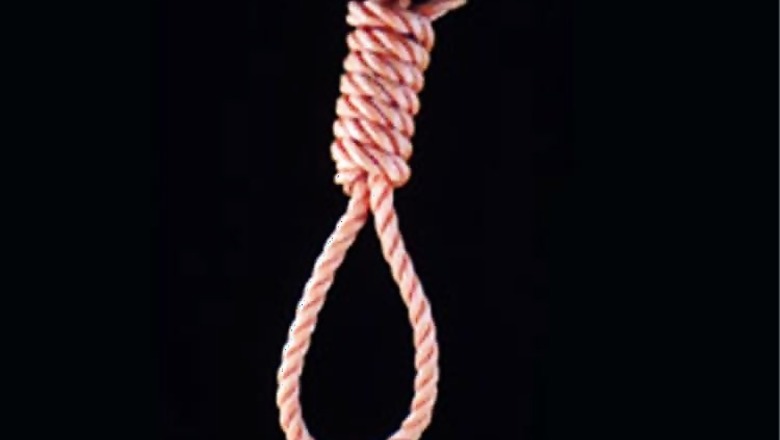
views
New Delhi: In a landmark decision, the Law Commission on Monday recommended abolition of death penalty. However, with an exception to death penalty in terror cases.
Three members of the Commission have dissented from the report.
The present law of the death penalty was laid down in Bachan Singh v. UOI (1980), when the Supreme Court upheld the constitutionality of the penalty. However, the apex court confined its application to the rarest of rare cases, to reduce the arbitrariness of the penalty. In arriving at its decision in that case, the court had relied on the 35th Report of the Law Commission, previous decisions from India and elsewhere, and contemporary scholarship.
The 35th Report of the Law Commission, which the Court relied upon in Bachan Singh, also needs to be re-visited, especially since it was submitted in 1967, and thus did not account for the over-hauling of the death penalty framework in the Code of Criminal Procedure, 1973, as well as other changes in India’s socio-political and legal landscape.
The legal landscape has also transformed in the 35 years since Bachan Singh. In 1980, when Bachan Singh was decided, only 18 countries had abolished the death penalty for all offences. Since then, about two-thirds of the world has abolished the death penalty in law or in practice.
98 countries have abolished the death penalty for all offences, seven have abolished the death penalty for ordinary crimes, and 35 others have imposed an effective moratorium against the death penalty. In international criminal law, the death penalty has been abolished for even the most grave and heinous offences, such as genocide, crimes against humanity and war crimes.
In recent cases, the Supreme Court has recognized that despite the “rarest of rare" doctrine, the death penalty continues to be applied arbitrarily.
Report 262




















Comments
0 comment